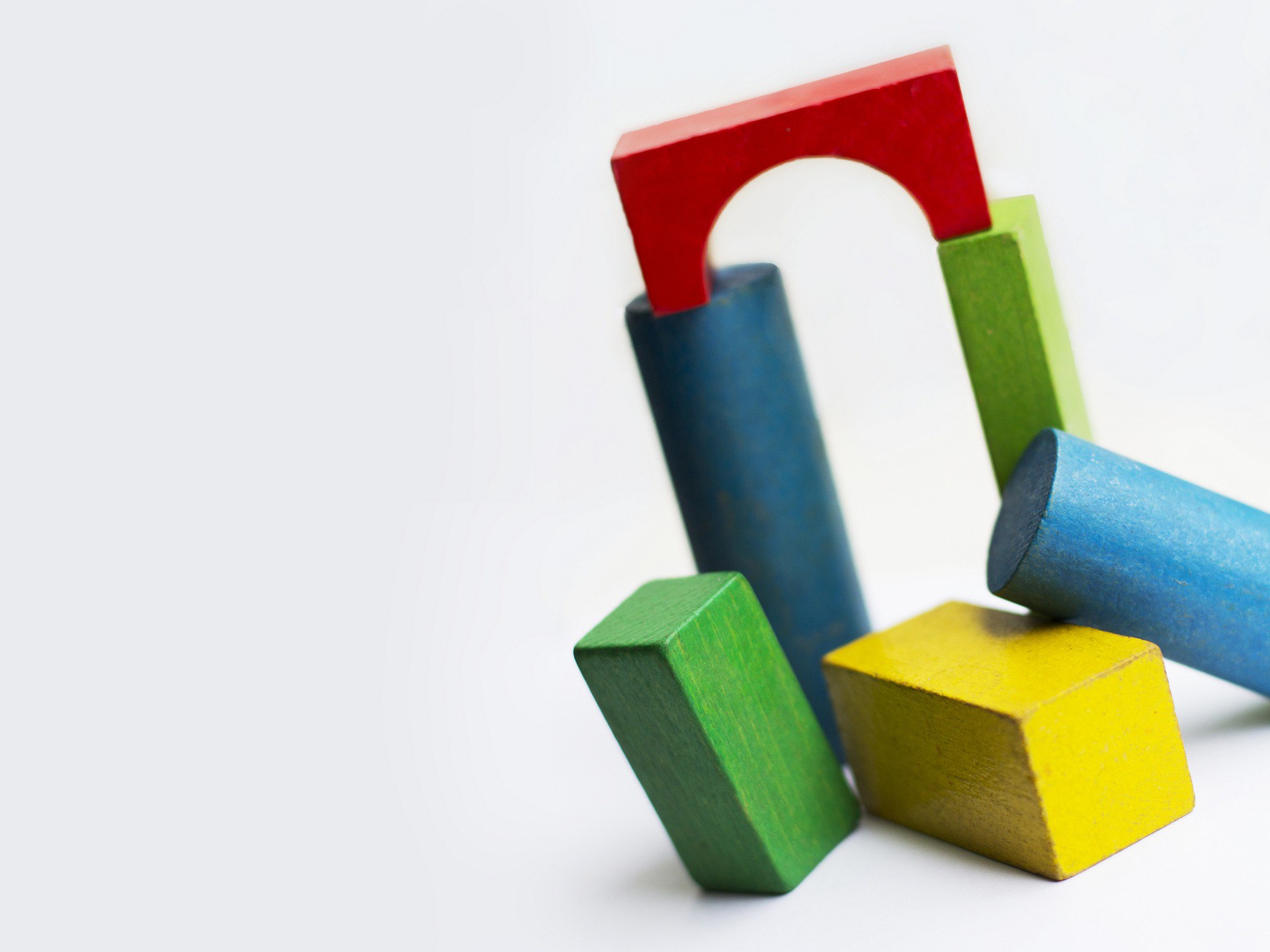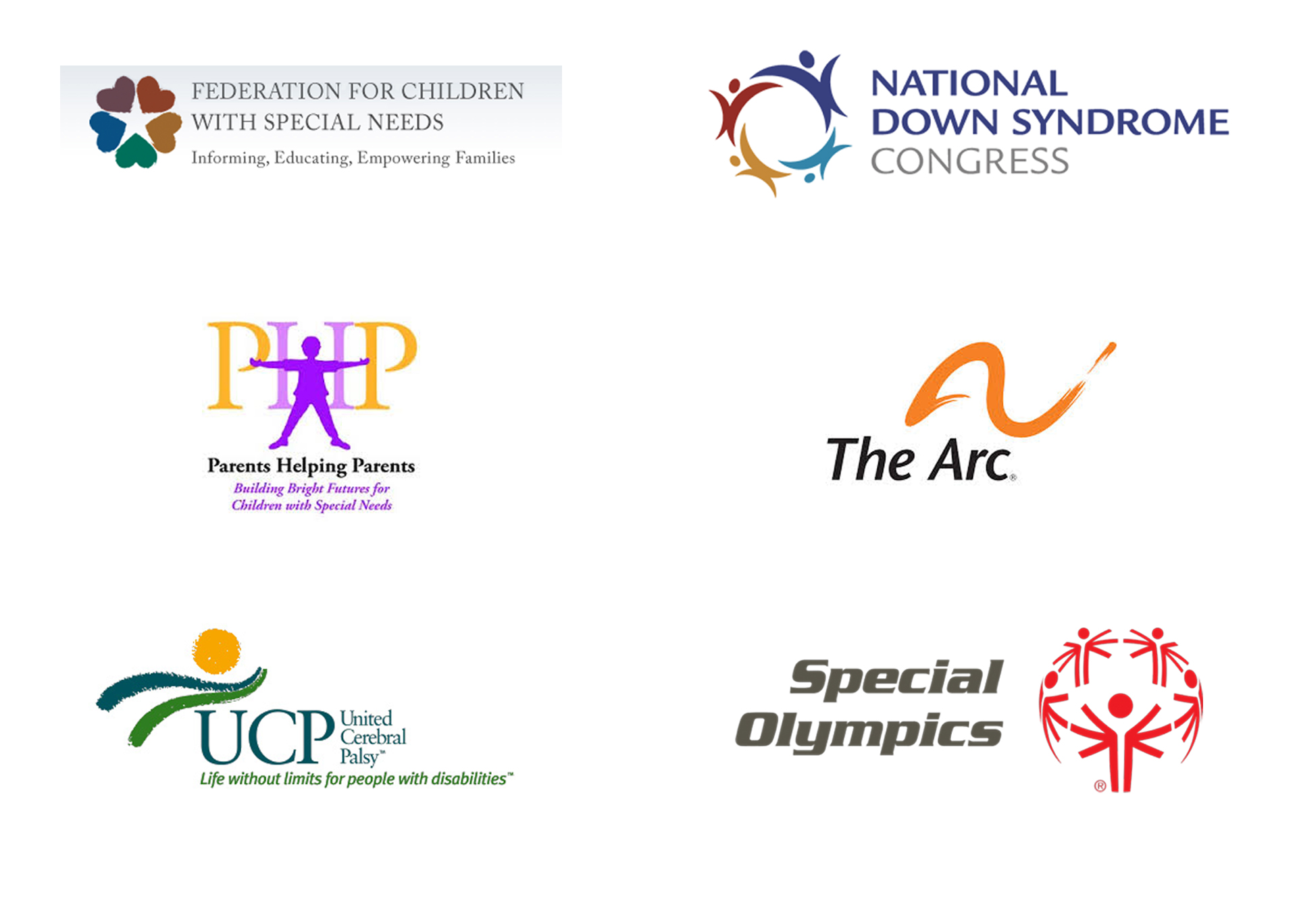Informational Articles
The following collection of article links provide information regarding special needs equipment, funding and lifestyles. We hope you will find these resources helpful!
Transitioning
to Adulthood


- Enhancing Accessibility: Key Home Modifications for Young Adults with Special Needs (meblefurniture.com)
- Guide to Trade School For People with Disabilities (link courtesy of PrimeWeld.com)
- Medication Management for People with Disabilities (link courtesy of SingleCare.com)
- Home Ownership for People With Disabilities (link courtesy of LendEDU.com)
- Tenants Rights and Housing Assistance for the Disabled (link courtesy of Wondermoms.org)
- Transition to Adulthood: Home Remodeling for Young Adults with Special Needs (link courtesy of Wondermoms.org)
- Special Needs Checklist: How Disability-Friendly is Your City? (link courtesy of Wondermoms.org)
- The 9 Most Hazardous Chemicals for People With Special Needs (link courtesy of Wondermoms.org)
- Vocational Training for Adults with Special Needs (link courtesy of Wondermoms.org)
Living With
Special Needs


- Bedtime Routines for Children with Autism
- Understanding Sensory Differences (with Tips for the Holidays)
- A Guide to Moving with Children Who Have Autism
- Sensory-Friendly Home Modifications for Autism
- Sensory overload: A guide for people with low vision
- Routines and Schedules for Children with Special Needs
- Autism Spectrum Disorder and its Impact
- Adaptivemall.com's Living With...Series
- Explaining Disabilities to Children — Tips & Resources
- Guide: National parks road trip with a disability amid COVID-19
- Tips for Traveling with a Child With Special Needs
- Adaptive Equipment for Outdoor Recreation
- Ways to Enjoy the outdoors with Adaptive Equipment
- Adaptivemall.com's Annual Halloween Costume Contest
- Special Needs Tricks and Treats- Not Just for Halloween!
Did You Know?


Reinforcing Therapy
at Home







